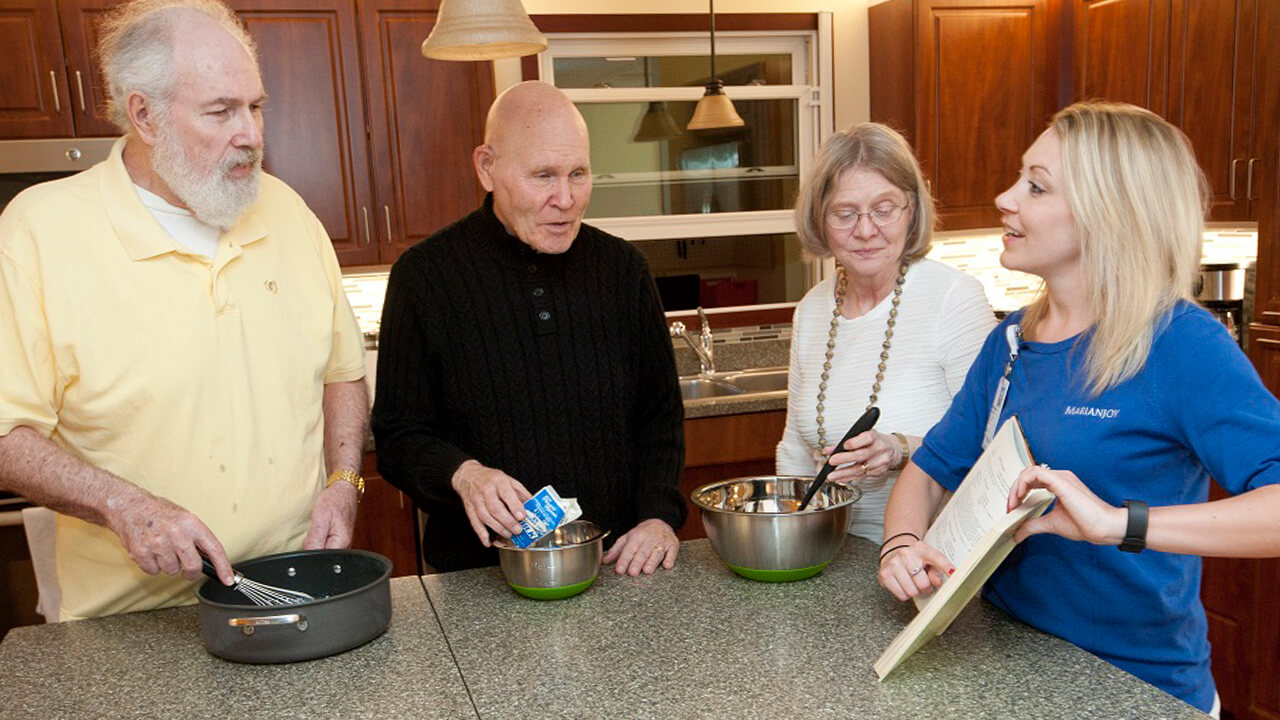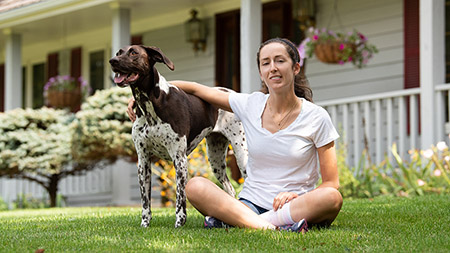Rehabilitation
Rehabilitation After Stroke
If you or someone you love has suffered a stroke, rehabilitation is a vital part of your recovery. Your rehabilitation will begin as soon as possible in the hospital, once your condition is stabilized. Some of your rehabilitation options may include:
- A rehabilitation unit in the hospital
- A subacute care unit
- Home therapy (with or without outpatient therapy)
- Long-term care with professional nursing
Types of therapy
Depending on the severity of your stroke, rehabilitation is generally divided into three types:
- Physical therapy
- Occupational therapy, including speech therapy
- Vision therapy
Physical therapy
Physical therapy is intended to restore your physical functioning and is particularly well-suited to help:
- Partial or one-sided paralysis
- Balance difficulties
- Foot drop (condition where the forward part of the foot drops because of weakness or paralysis)
Occupational therapy
Through occupational therapy, you relearn everyday life skills such as:
- Eating
- Toileting
- Dressing
- Taking care of yourself
- Use of language
Specialized speech pathologists can help you deal with aphasia. These experts can also help with memory loss and other related problems.
Vision therapy
Vision problems are common with stroke survivors. You may have partial or complete loss of sight, and may experience the following:
- Blurred vision
- Confusion
- Difficulty performing visual activities
- Eye strain
If you have survived a stroke, you should get an eye examination as soon as possible afterward, so your physician can determine if your eyes are healthy. An optometrist or an ophthalmologist may be a vital part of your recovery and rehabilitation team, depending on the areas of your brain impacted by the stroke.
Your stroke rehabilitation team
A team of specialists* will work with your physician to help you reach all of your stroke recovery goals. Depending on the severity of your stroke, your rehabilitation team may include a:
- Case manager: Provides links to social services, coordinates your care from multiple providers and helps facilitate follow-up to acute care
- Dietitian: Teaches you healthy eating habits and may assist with special diet-planning to help with stroke recovery
- Neurologist: Specializes in diagnosis, treatment and prevention of stroke and other diseases and disorders of the brain and spinal cord
- Neuropsychologist: Diagnoses and treats stroke survivors who may have experienced changes in behavior, memory or ability to think after stroke
- Physiatrist: Expert in rehabilitation following injuries, accidents or illness
- Physical therapist: Helps you recover motor skills and teaches you exercises to strengthen muscles for everyday movement
- Occupational therapist: Helps you relearn and manage everyday activities such as eating, bathing, dressing, writing or cooking
- Recreation therapist: Helps you learn or relearn movement skills needed to participate in recreational activities
- Rehabilitation nurse: Specially trained in helping people with disabilities make lifestyle changes to achieve better overall health and adjust to life after stroke
- Social worker: Helps you make decisions about rehabilitation programs, insurance, living arrangements and home-based support services
- Speech language pathologist: Helps you relearn language skills such as talking, reading and writing, as well as helps you manage any swallowing disorders



